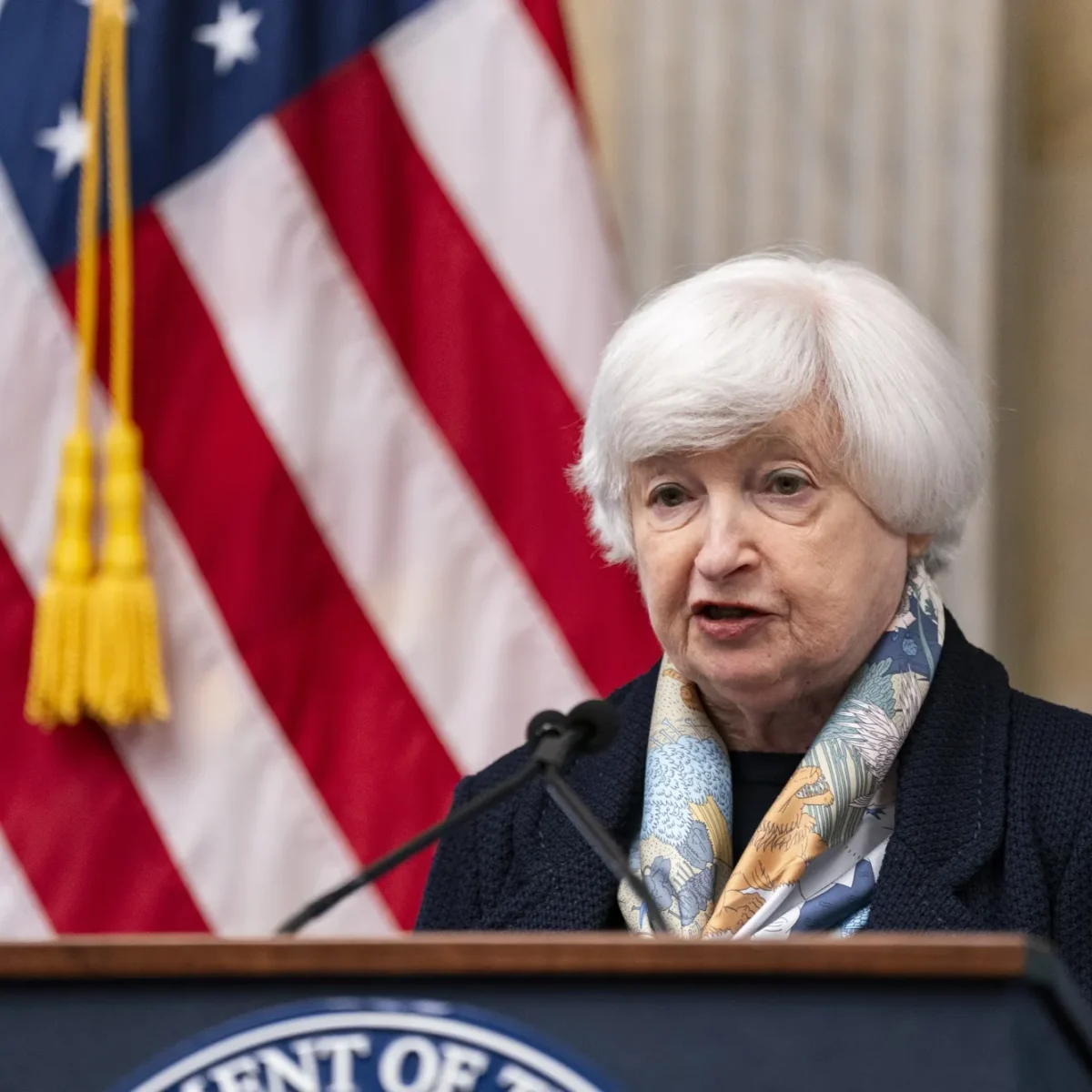Janet Yellen has been one of the most influential figures in U.S. economic history. As the first woman to lead both the Federal Reserve and the U.S. Department of the Treasury, she has played a crucial role in shaping economic policy. Yellen’s leadership has guided the country through economic recovery, inflation control, and global financial cooperation. Her policy decisions continue to shape the financial landscape, making her a key figure in modern economics.
Early Life and Academic Background
Born on August 13, 1946, in Brooklyn, New York, Janet Yellen showed an early aptitude for economics. She graduated summa cum laude from Brown University in 1967 and later earned her Ph.D. in economics from Yale University in 1971. Her academic career led her to teach at Harvard University, the London School of Economics, and eventually the University of California, Berkeley. During this time, she conducted significant research on labor markets, unemployment, and wage dynamics.
Leadership at the Federal Reserve
Federal Reserve Vice Chair and Chair
Yellen’s influence in public service began when she joined the Federal Reserve Board of Governors in 1994 under President Bill Clinton. In 2010, she was appointed Vice Chair of the Federal Reserve, and in 2014, she became the first woman to serve as its Chair under President Barack Obama.
Monetary Policy and Economic Recovery
Yellen was known for her “dovish” stance, which prioritized economic growth and low unemployment over aggressive inflation control. She advocated for low interest rates to stimulate economic recovery following the Great Recession. During her tenure, the unemployment rate dropped from 6.7% in 2014 to 4.1% by the end of her term in 2018. Her leadership was instrumental in ensuring a stable and gradual recovery, balancing economic growth with financial stability.
Role as Treasury Secretary
Historic Appointment
In 2021, President Joe Biden appointed Yellen as the Secretary of the Treasury, making her the first person to have led the White House Council of Economic Advisers, the Federal Reserve, and the Treasury Department. Her appointment came at a critical time when the U.S. was dealing with the economic fallout from the COVID-19 pandemic.
Economic Recovery Strategies
Yellen played a crucial role in shaping the Biden administration’s economic policies. She strongly supported pandemic relief measures such as the American Rescue Plan, which provided direct stimulus payments, extended unemployment benefits, and child tax credits. She argued that these measures were necessary to prevent economic collapse and ensure a robust recovery.
Inflation and Fiscal Policies
As inflation concerns grew, Yellen acknowledged that the stimulus spending may have contributed to rising prices but emphasized the importance of a strong labor market. She advocated for investments in infrastructure, clean energy, and job creation to promote long-term economic stability. Yellen also worked closely with the Federal Reserve to coordinate monetary and fiscal policies aimed at controlling inflation while sustaining growth.
Key Economic Policies and Philosophy

Keynesian Economic Approach
Yellen’s policies align with Keynesian economics, which supports government intervention to stabilize the economy. She believes that active fiscal and monetary policies are necessary to prevent financial crises and reduce income inequality. Her approach has been centered on maintaining low unemployment and ensuring fair labor market conditions.
Efficiency Wage Theory
Alongside her husband, Nobel laureate George Akerlof, Yellen developed the efficiency wage theory. This concept suggests that paying workers higher wages can lead to increased productivity and lower employee turnover. Her focus on fair wages has influenced policies aimed at reducing income inequality and improving labor market conditions.
Global Economic Cooperation
Support for Global Financial Stability
Yellen has been a strong advocate for international economic cooperation. She has emphasized that economic policies should not be isolationist, stating that “America first must never mean America alone.” She supports stronger global financial regulations to prevent economic crises.
Global Minimum Corporate Tax
One of Yellen’s major initiatives as Treasury Secretary has been advocating for a global minimum corporate tax rate. This policy aims to prevent multinational corporations from shifting profits to low-tax jurisdictions, ensuring that companies pay their fair share in taxes worldwide. Her efforts have led to agreements among major economies to establish a minimum tax rate for corporations.
Legacy and Long-Term Impact
Janet Yellen’s leadership has left a lasting impact on U.S. economic policy. Her tenure at the Federal Reserve helped stabilize the economy after the Great Recession, while her role as Treasury Secretary has shaped policies to navigate post-pandemic recovery and inflation challenges. Her commitment to labor market stability, global financial cooperation, and fair taxation will continue to influence economic policy for years to come.
Conclusion
Janet Yellen’s career is marked by historic achievements and significant contributions to economic policy. From her academic research to her leadership at the Federal Reserve and the Treasury, she has played a pivotal role in shaping modern economic strategies. Her policies continue to impact inflation control, employment rates, and global financial stability, cementing her legacy as one of the most influential economists of our time.
Also Read – Jerome Powell’s Impact on the U.S. Economy: A Deep Dive






